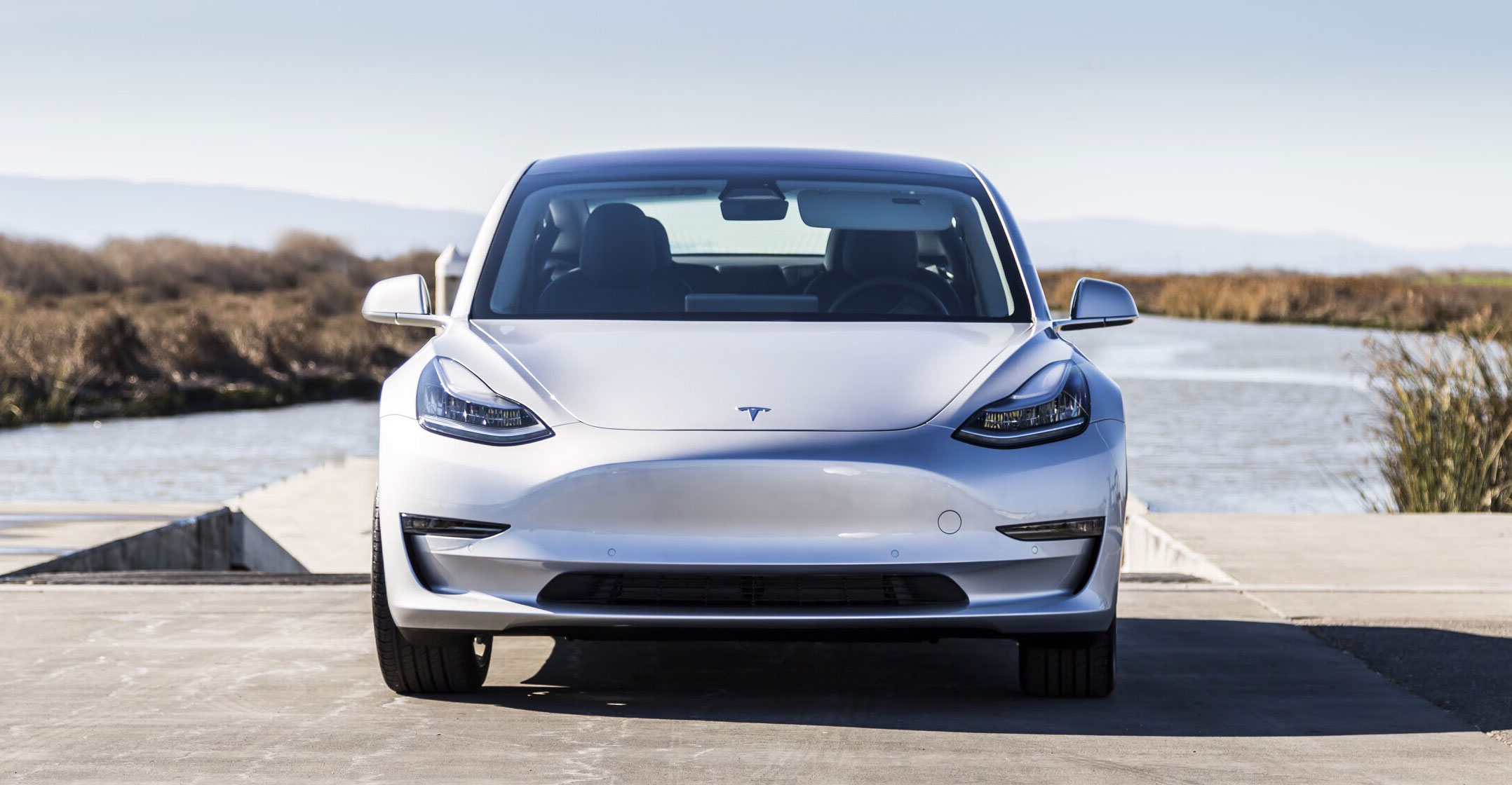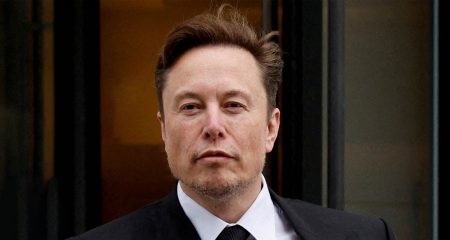 Elon Musk’s Tesla on Monday received its biggest-ever order, as Hertz announced it would buy 100 000 electric rental cars to go more eco-friendly just months after emerging from bankruptcy.
Elon Musk’s Tesla on Monday received its biggest-ever order, as Hertz announced it would buy 100 000 electric rental cars to go more eco-friendly just months after emerging from bankruptcy.
Tesla stock was up 4.3% in premarket trading and was set to open at a record high following the order. Shares were also buoyed by news of the company’s Model 3 becoming the first electric vehicle to top monthly sales of new cars in Europe.
The order from Hertz comes as Tesla is coping with a backlog of unfulfilled orders for its vehicles and continuing supply-chain disruptions, but it does solidify the mainstream appeal of electric cars.
“Our backlogs are continuing to grow and average customer wait times are extending,” chief financial officer Zach Kirkhorn told investors last week.
The world’s most valuable automaker delivered a record 241 300 electric cars globally in the third quarter, even as it warned that supply chain headwinds would pressure margins.
Tesla’s cheapest Model 3 sedan starts at about US$44 000, making this order worth about $4.4-billion, if the entire order were for its mass-market sedan.
With the current order, scheduled for delivery by the end of 2022, Hertz said EVs will make up more than 20% of its global fleet.
‘Exclamation point’
“It (the order) puts an exclamation point under guidance for 50%+ growth in deliveries,” Roth Capital analyst Craig Irwin said. “Another solid piece of evidence EVs are going mainstream.”
The car rental firm also said it was installing thousands of chargers throughout its network. Customers who rent a Tesla Model 3 will have access to 3 000 Tesla supercharging stations throughout the US and Europe.
“Electric vehicles are now mainstream, and we’ve only just begun to see rising global demand and interest,” said Hertz interim CEO Mark Fields.
Analysts at Morgan Stanley bumped their price target on Tesla by 33% as the brokerage expects the electric car maker to keep posting higher volumes, reaching more than eight million deliveries in 2030. — Reported by Subrat Patnaik and Sanjana Shivdas, with additonal reporting by Eva Mathews, Aniruddha Ghosh and Kannaki Deka, (c) 2021 Reuters




